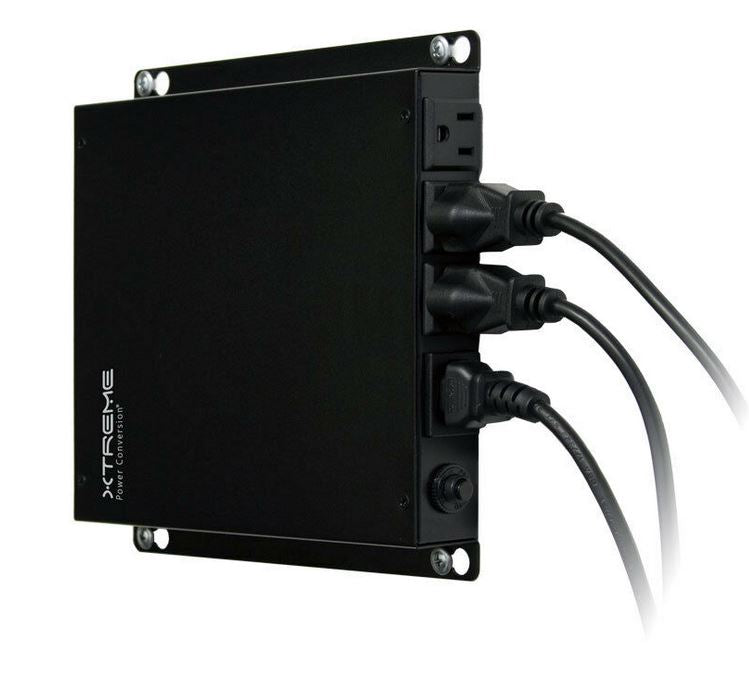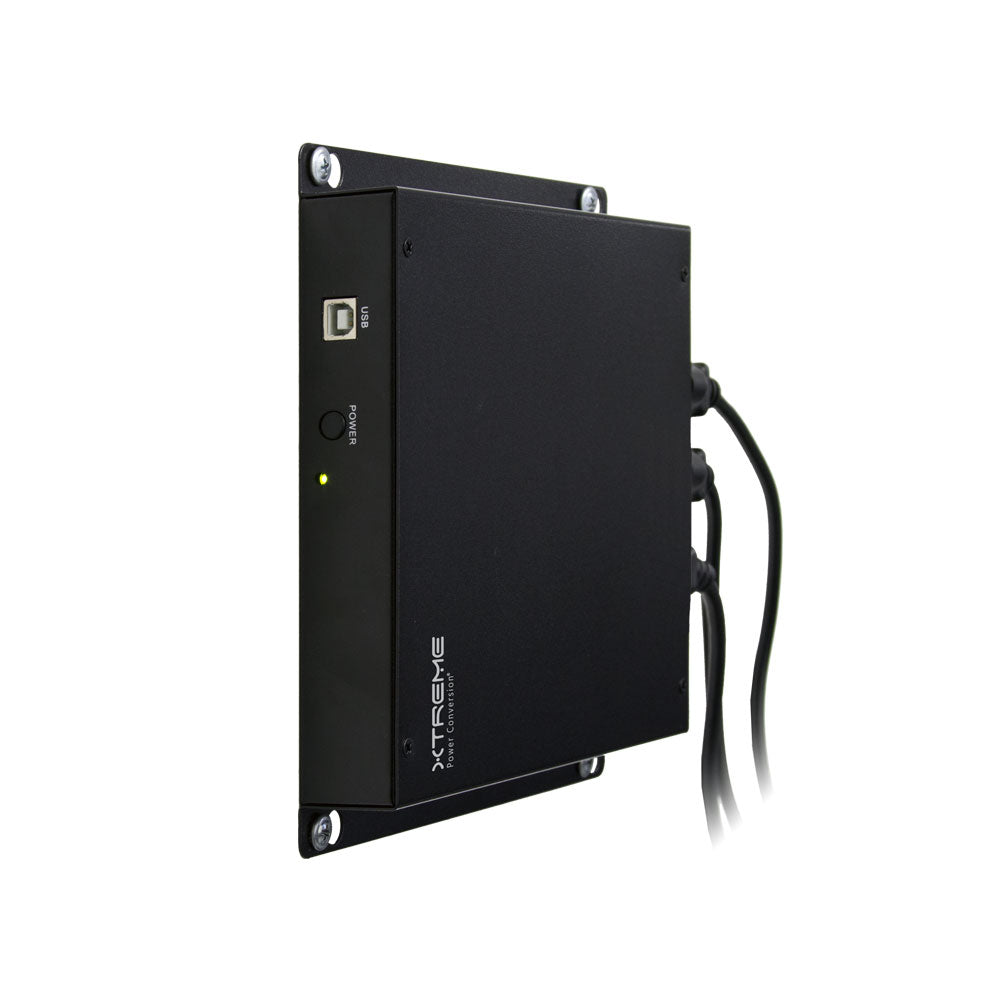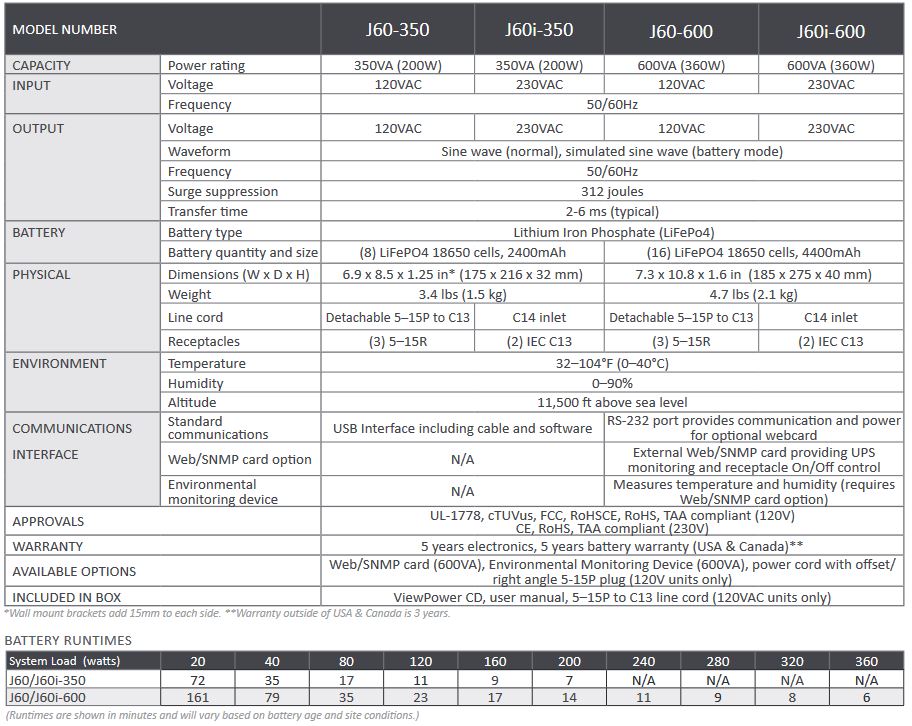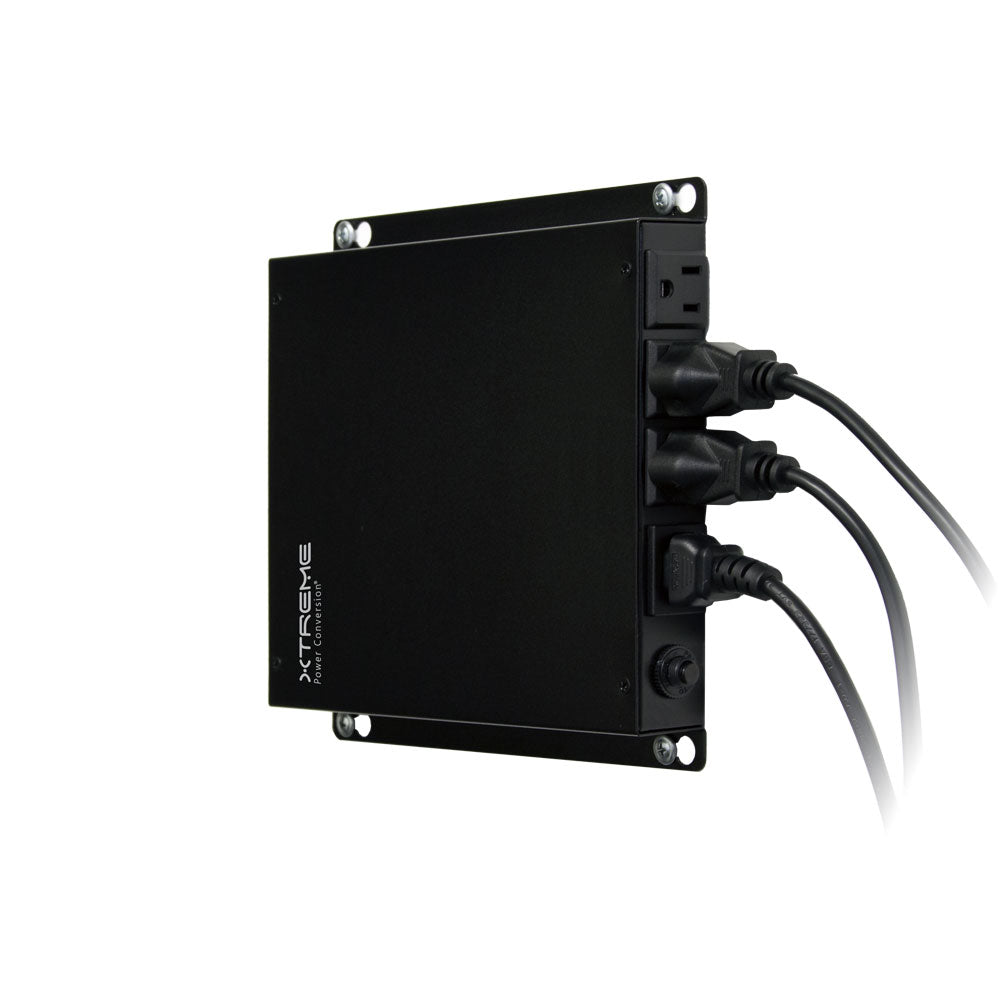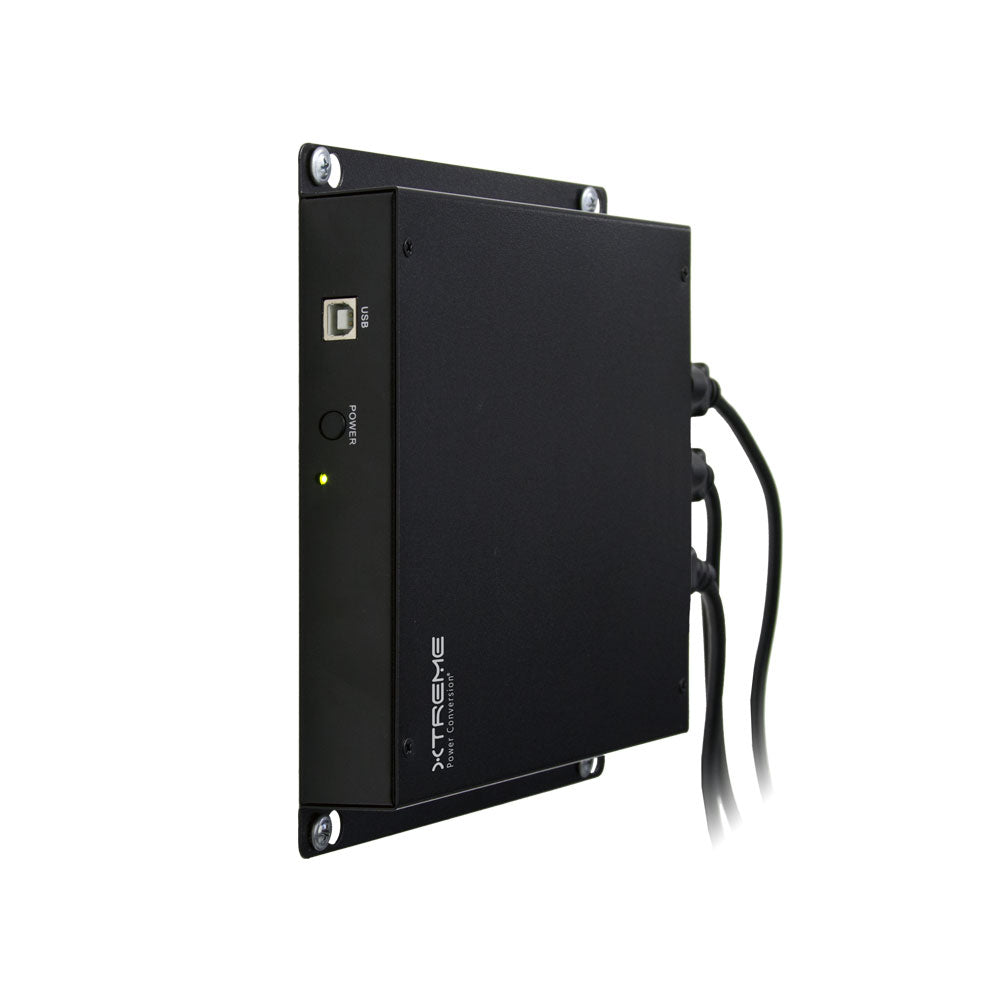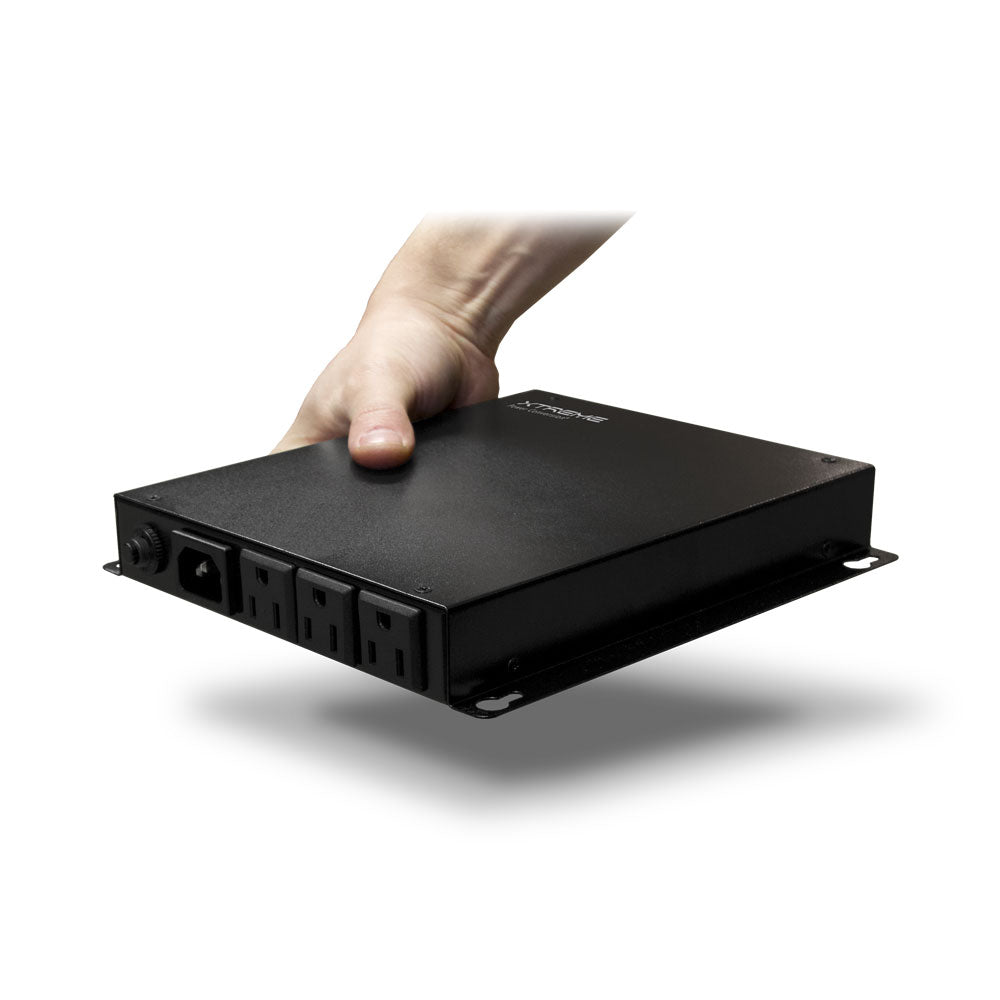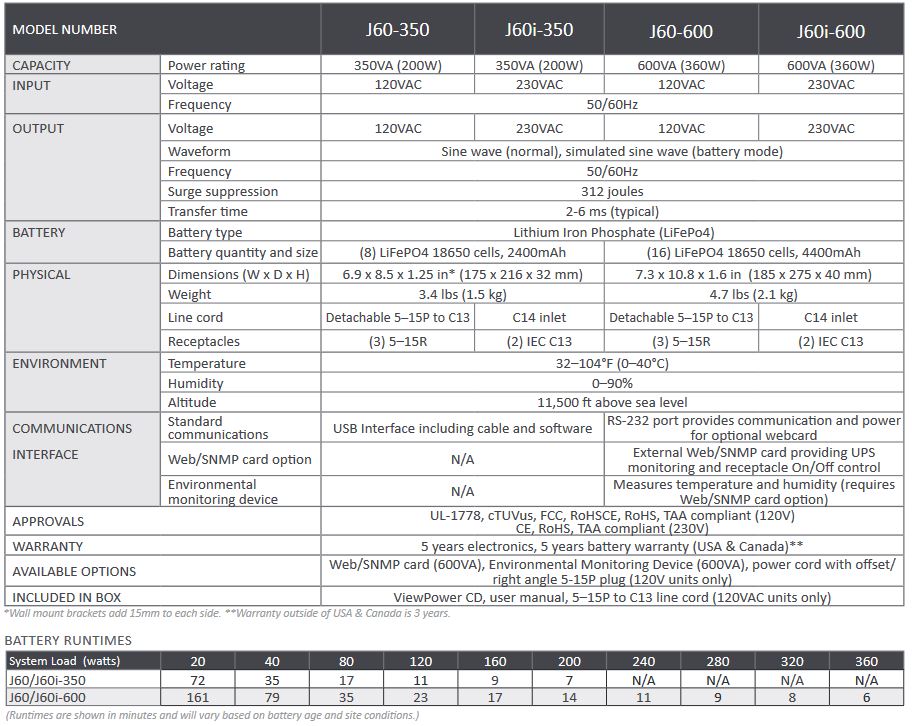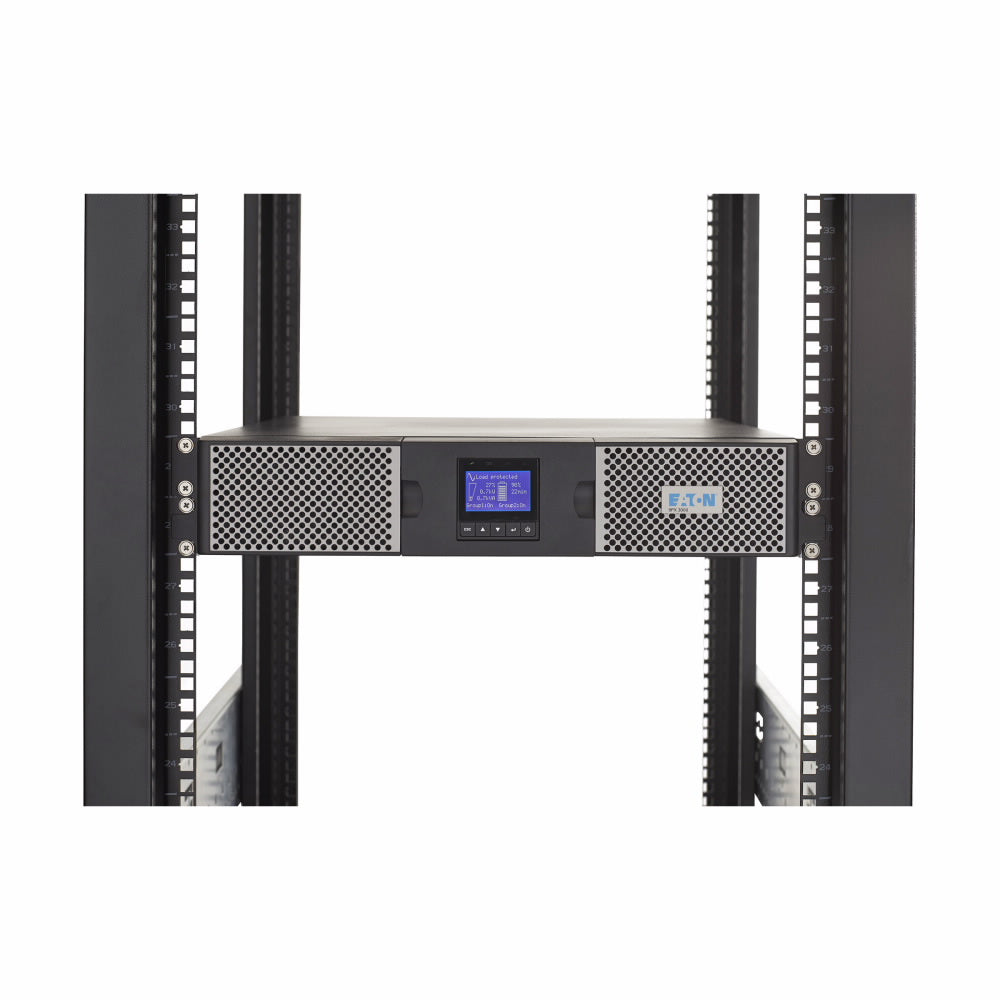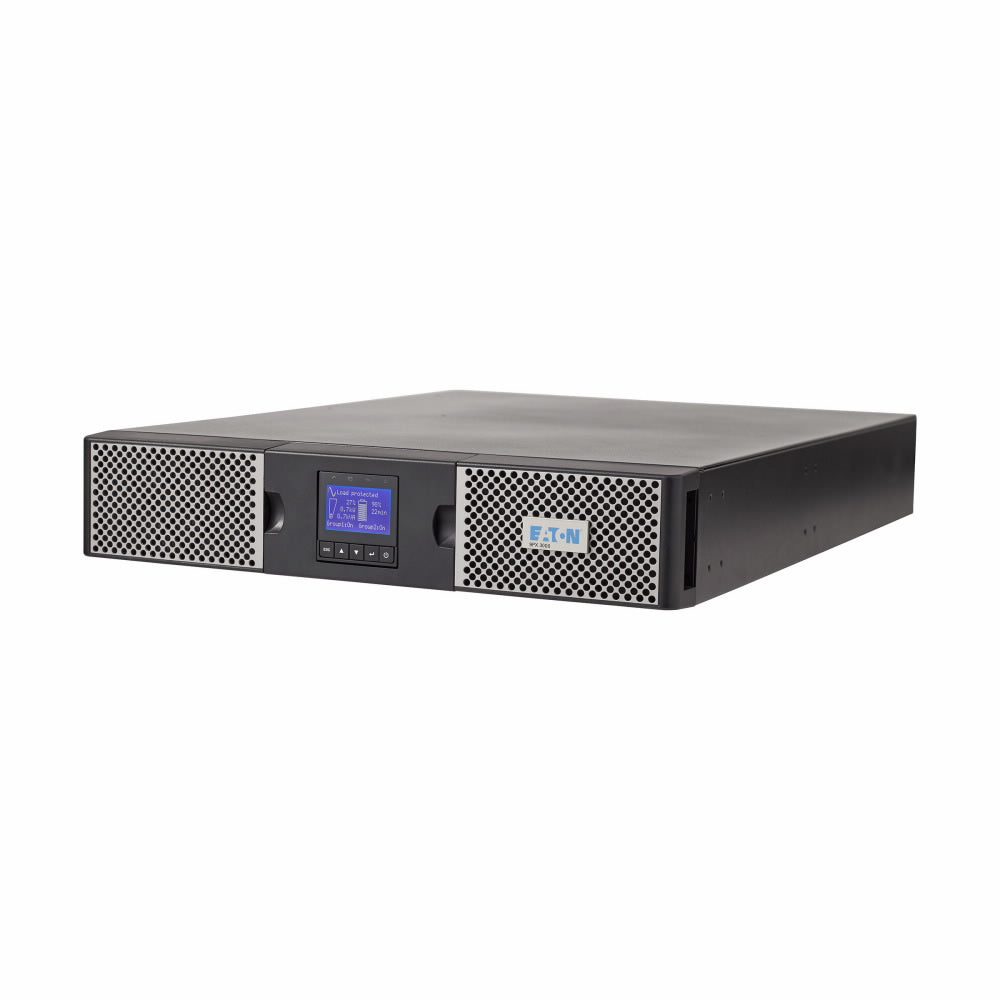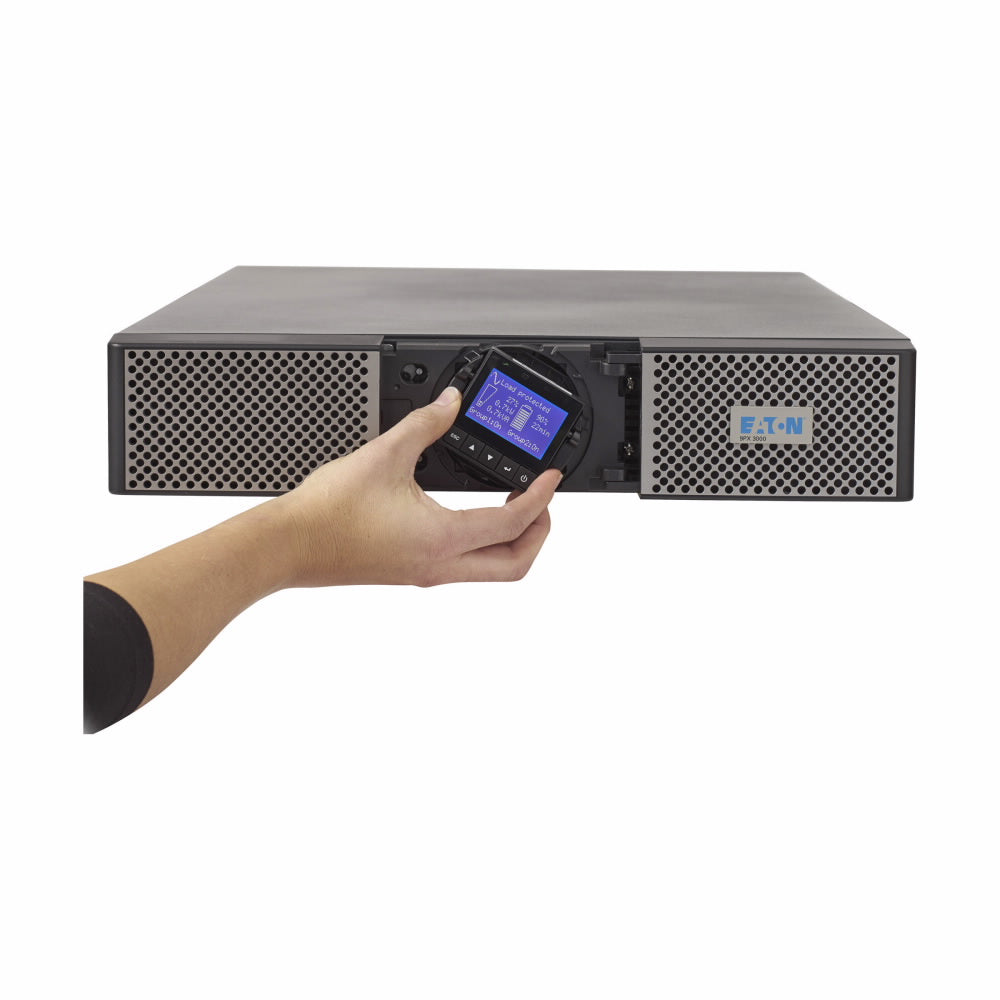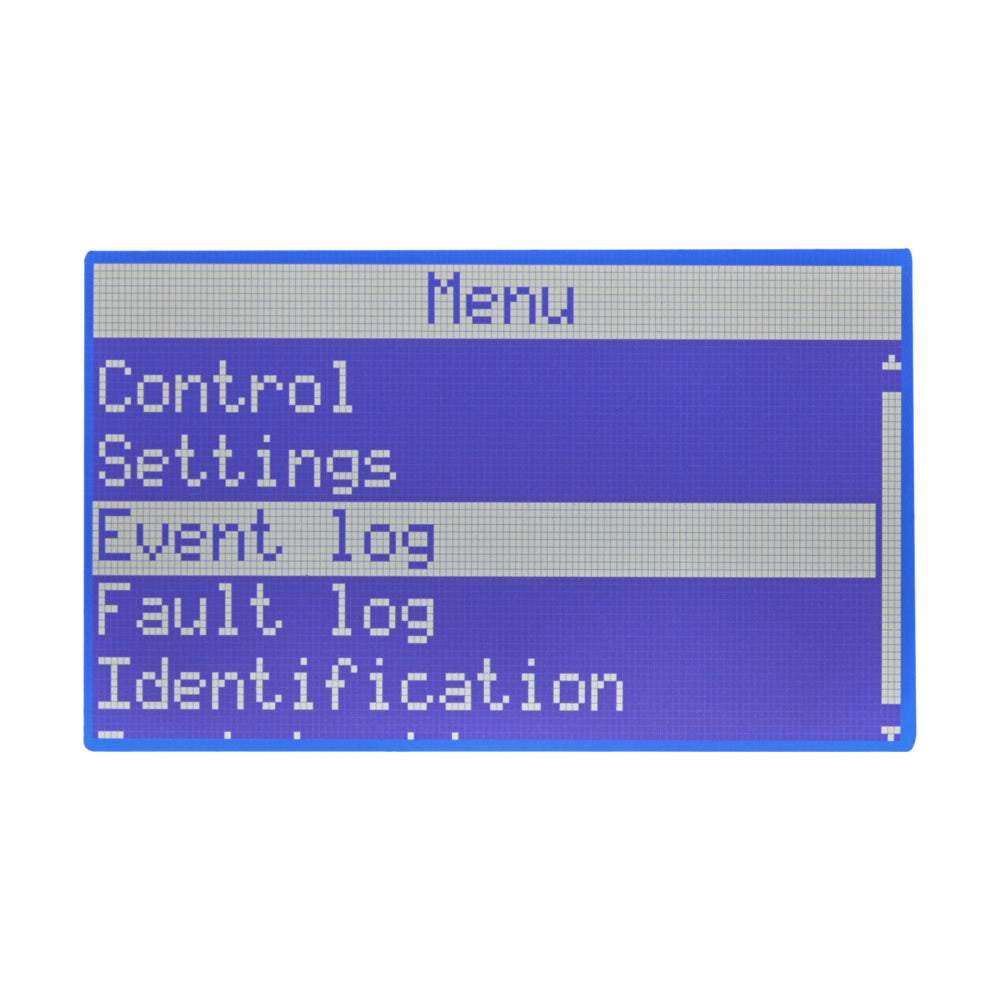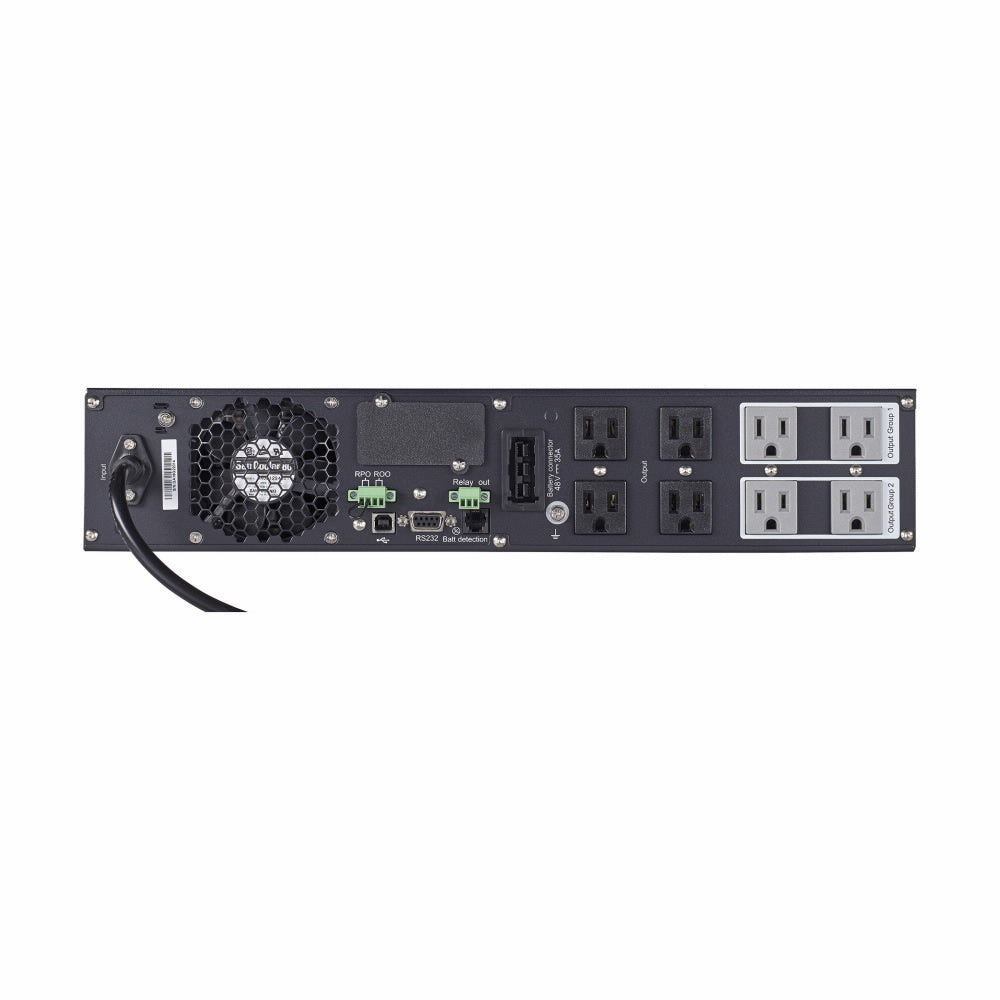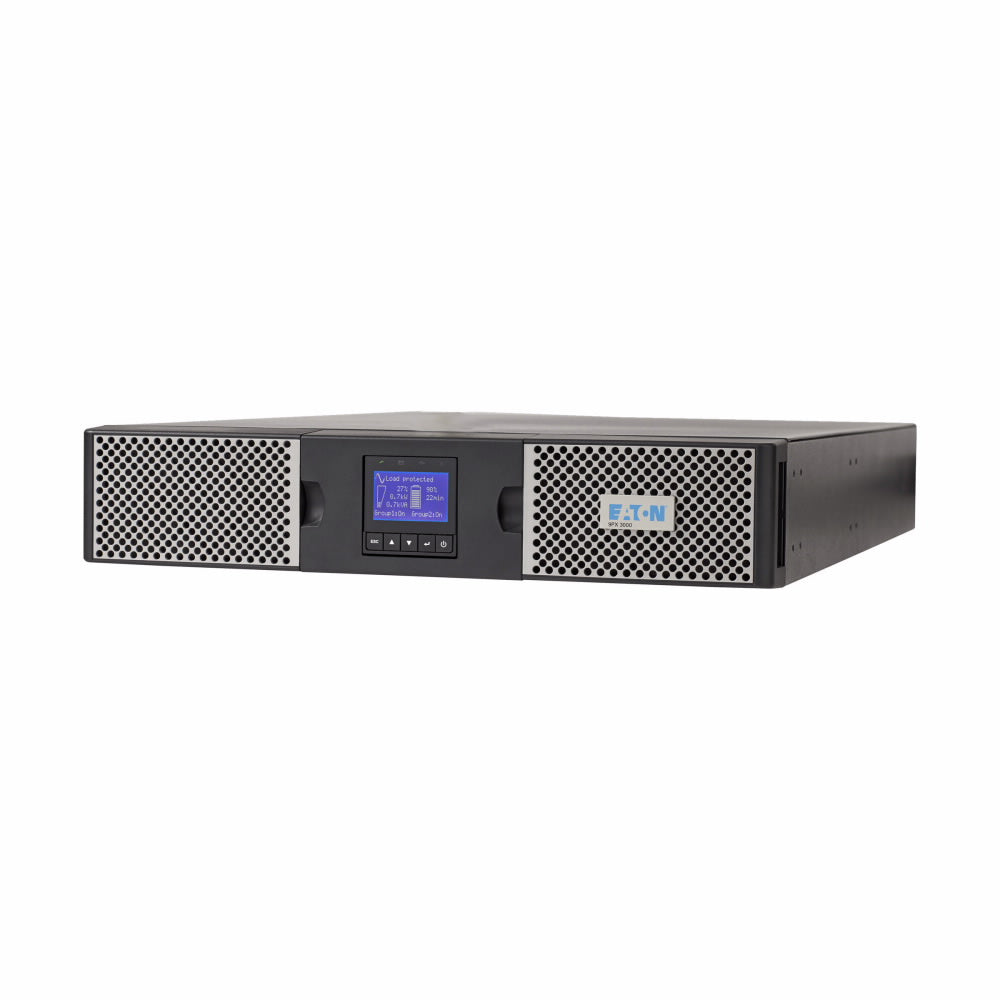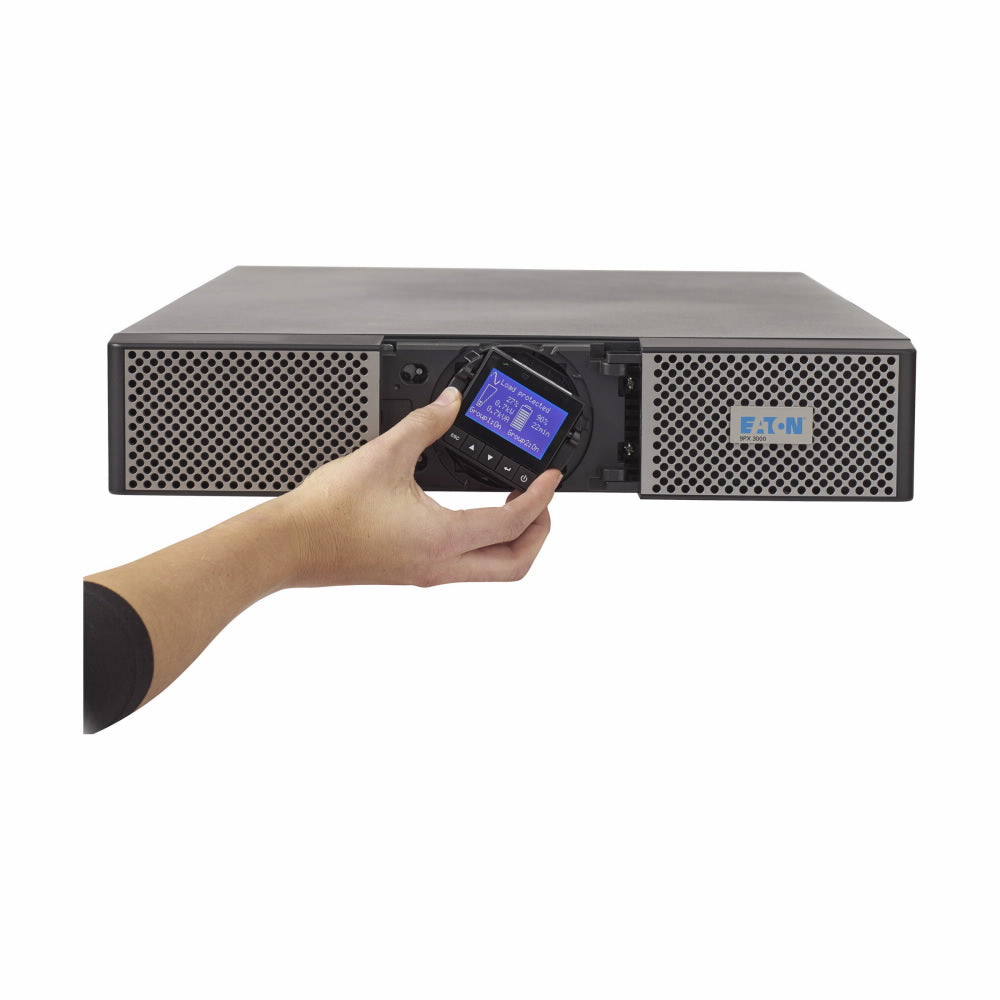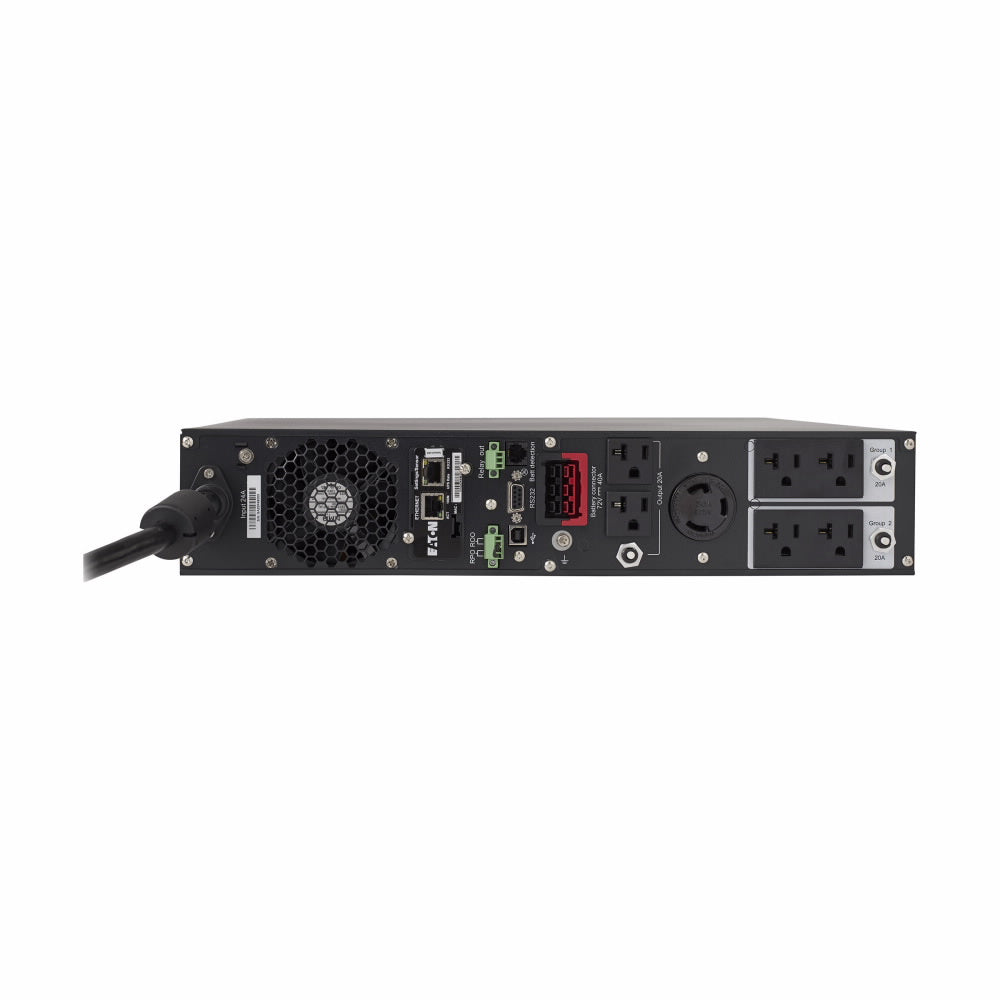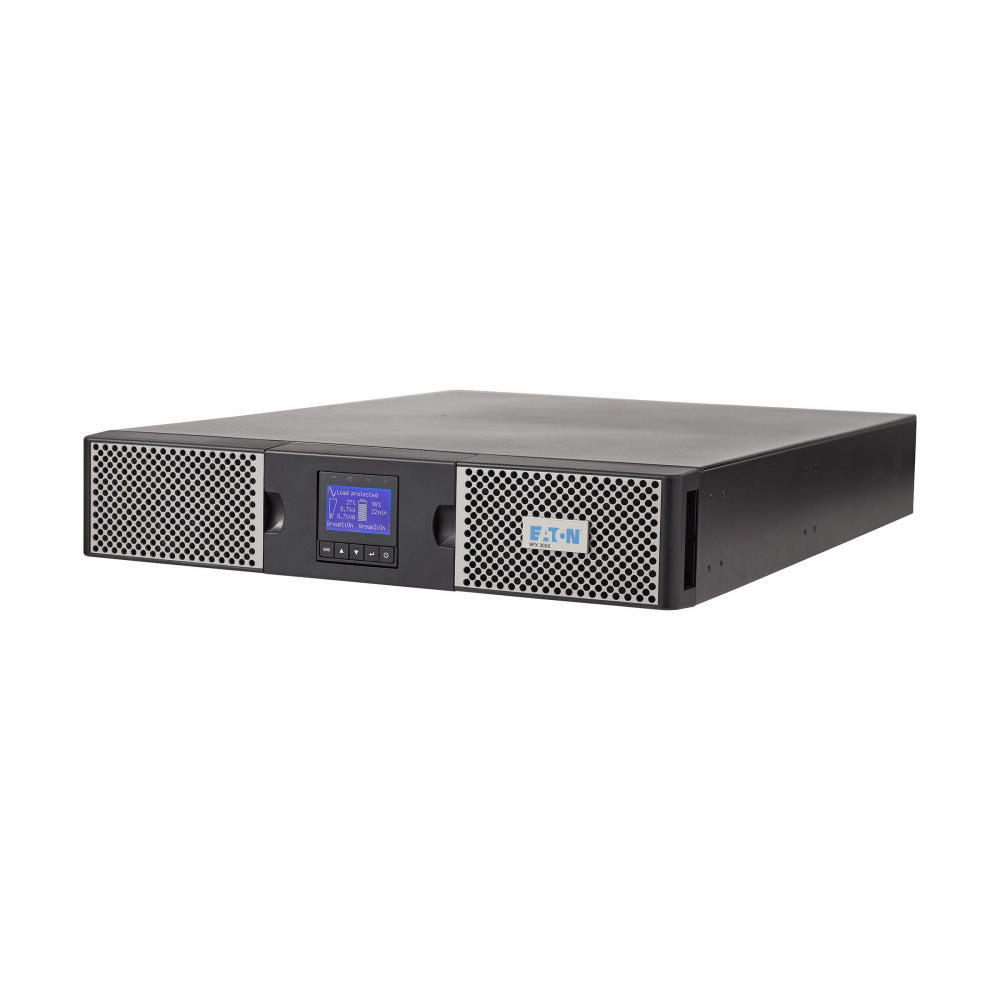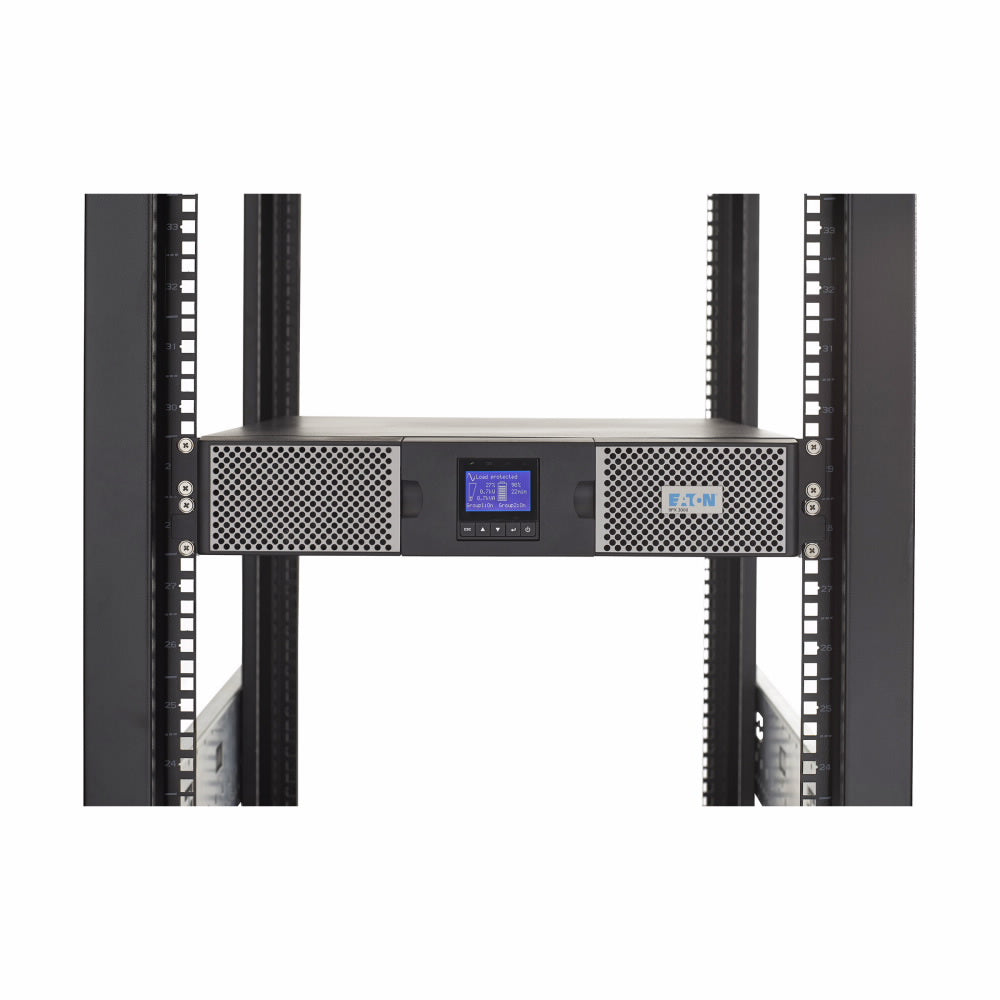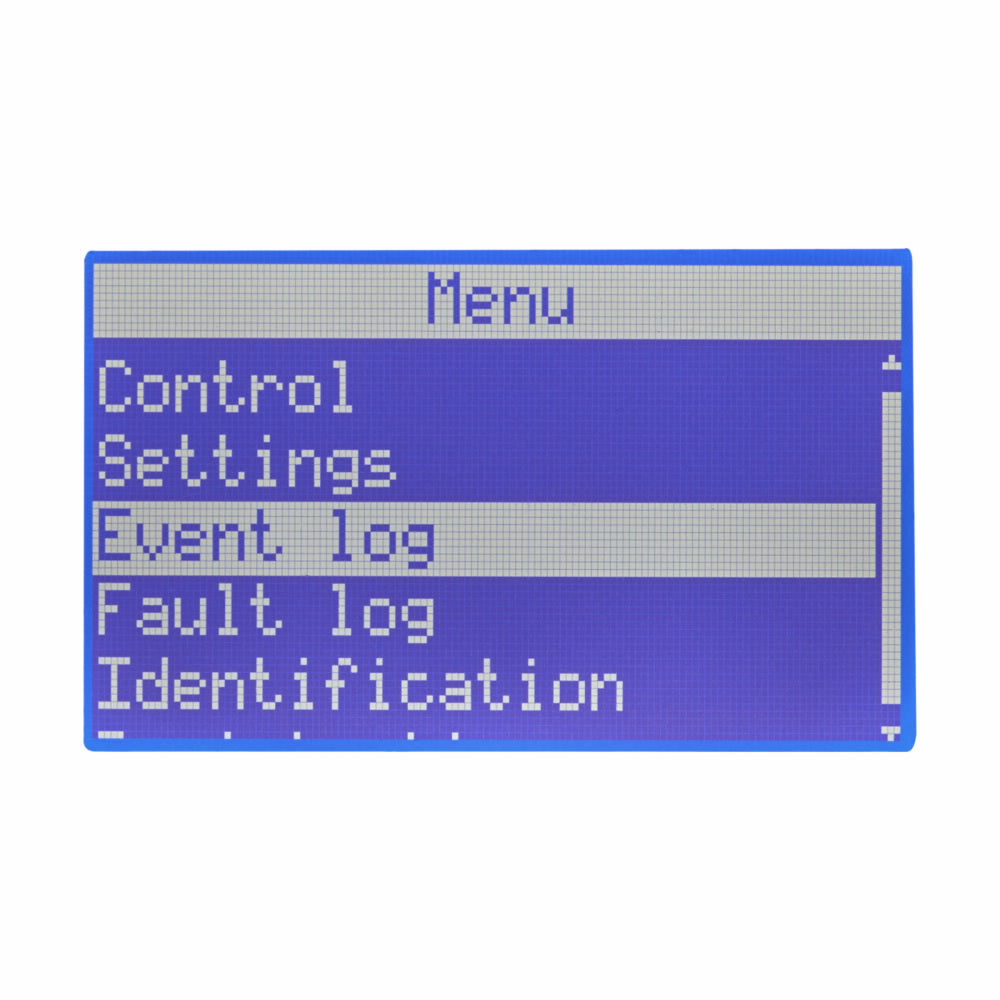In the fast-paced and high-stakes environment of healthcare, reliability and uninterrupted power are non-negotiable. Healthcare facilities depend on a wide array of sophisticated medical equipment and IT systems that are essential for patient care, diagnostics, and administrative functions. Any power interruption, even for a few seconds, can jeopardize patient safety, disrupt critical processes, and lead to substantial financial losses.
In addition to their function as a power backup solution, UPS systems also contribute to regulatory compliance in healthcare settings. Many healthcare standards and regulations require facilities to have contingency plans in place to ensure continuous power to critical systems, and UPS systems are a key component of these preparations. This is where Uninterruptible Power Supply (UPS) battery backup systems become indispensable.
Key Benefits of UPS Systems in Healthcare
Patient Safety:
Life-Support Equipment: Devices such as ventilators, infusion pumps, and monitoring systems must operate without interruption. A UPS system ensures these critical devices continue functioning during power outages, safeguarding patient lives.
Surgical Procedures: During surgeries, consistent power is vital to keep surgical instruments and anesthesia machines operational. A power interruption during surgery could be catastrophic.
Data Integrity:
Electronic Health Records (EHR): Modern healthcare facilities rely heavily on digital records. Power disruptions can result in data corruption or loss. UPS systems protect the integrity of patient data, ensuring it is available when needed.
Diagnostic Equipment: Imaging devices like MRI and CT scanners require consistent power for accurate results. UPS systems prevent potential errors or damages caused by abrupt power failures.
Operational Continuity:
Laboratories: Continuous power is essential for laboratory equipment to maintain precise conditions for tests and experiments. UPS systems help prevent disruptions that could lead to incorrect results or test delays.
Pharmacies: Automated dispensing systems in pharmacies rely on consistent power. A UPS system ensures medications are dispensed accurately and on time, critical for patient treatment plans.
Financial Savings:
Reduced Downtime Costs: Power outages can lead to significant financial losses due to interrupted services and the need for equipment repairs. UPS systems minimize downtime, protecting revenue streams.
Equipment Protection: Sudden power surges and outages can damage sensitive medical equipment, leading to expensive repairs or replacements. UPS systems act as a buffer, protecting these valuable assets.
Choosing the Right UPS System for Healthcare
When selecting a UPS system for healthcare facilities, several factors must be considered:
Capacity and Scalability: The UPS system should be capable of supporting all critical equipment and scalable to accommodate future growth.
Battery Life and Maintenance: Long-lasting batteries and easy maintenance are crucial to ensure the UPS system remains reliable over time.
Redundancy and Reliability: Redundant components and high reliability are essential to prevent single points of failure.
Integration with Building Systems: The UPS system should integrate seamlessly with the facility's power infrastructure and other emergency systems.
In healthcare, where every second counts, the importance of a reliable power supply cannot be overstated. UPS battery backup systems play a vital role in ensuring patient safety, data integrity, operational continuity, and financial stability. By providing a clean, consistent power supply, UPS systems help to extend the lifespan of expensive medical equipment and prevent potentially dangerous malfunctions. Investing in robust UPS solutions, healthcare facilities can protect their operations against power disruptions and provide the highest standard of care to their patients.
Investing in a UPS system is not just a technical decision but a commitment to patient safety and operational excellence. As healthcare technology continues to evolve, the demand for reliable power solutions will only grow, making UPS systems an indispensable part of the healthcare infrastructure.
Contact us today to learn more about our inventory of UPS systems and find the perfect fit for your organization’s needs. Click Here




